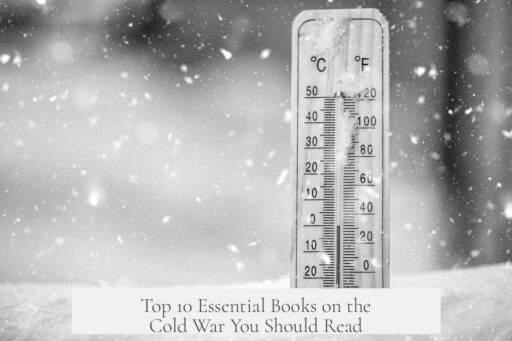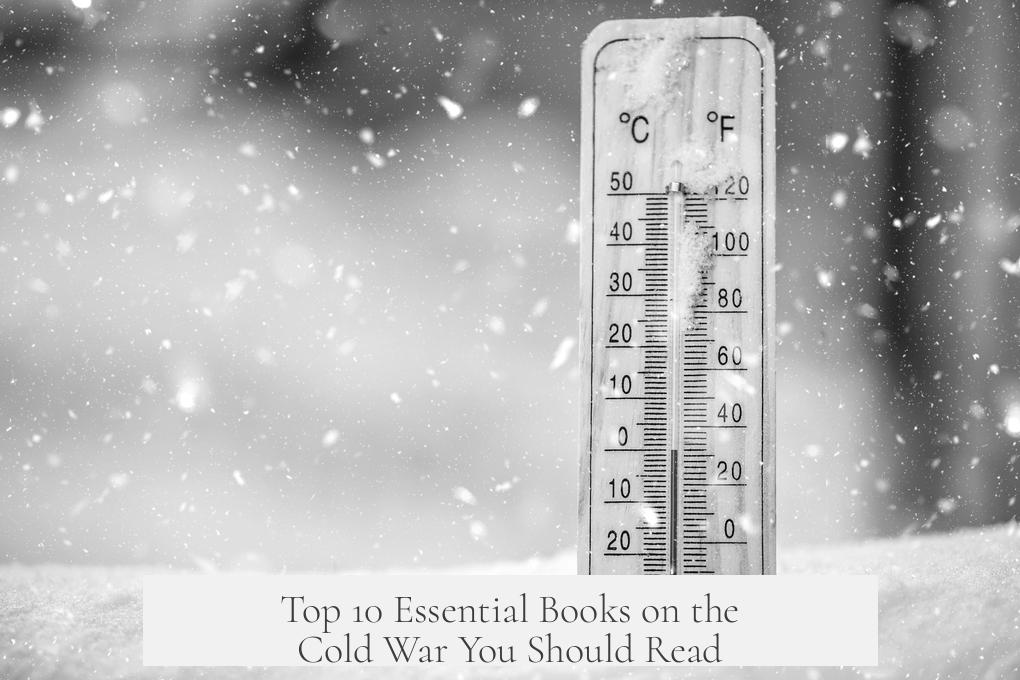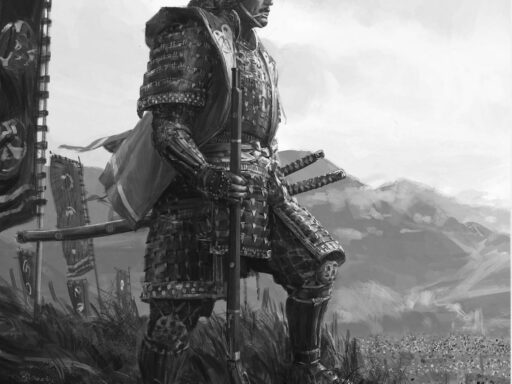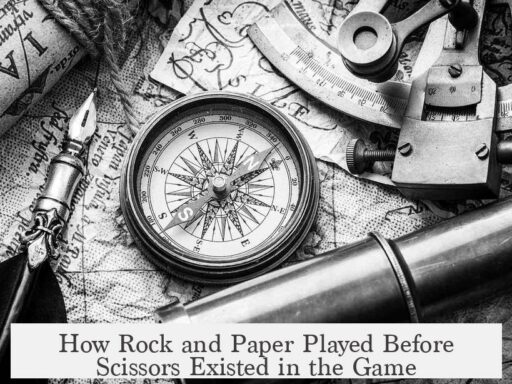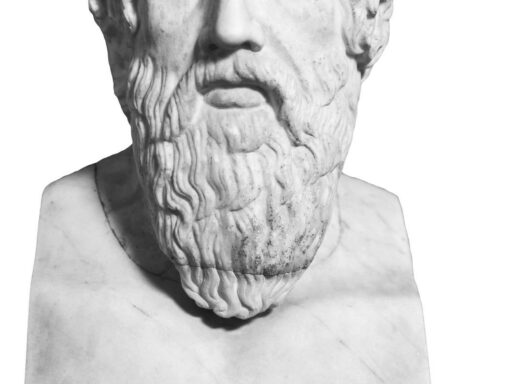Books on the Cold War offer diverse perspectives, ranging from accessible overviews to detailed studies of diplomacy and global impact. These works illuminate the complexities of this prolonged geopolitical conflict and its influence on international relations after World War II.
For readers new to the topic, John Lewis Gaddis provides approachable introductions. His The Cold War: A New History is widely praised as a clear and concise starting point. Gaddis’s reputation as a leading Cold War historian underpins the book’s authority. Another strong entry by Gaddis, We Now Know: Rethinking Cold War History, revisits previous narratives, offering fresh interpretations based on declassified documents and new evidence.
Those seeking a broader and more global view may turn to Odd Arne Westad’s The Cold War: A World History. This detailed examination situates the conflict beyond the traditional U.S.-Soviet rivalry, highlighting impacts in Asia, Africa, and Latin America. Westad combines Cold War history with insights from his experience as a Sinologist, enriching the narrative with an understanding of China’s role and the wider international stakes.
Focus on diplomacy and superpower relations appears in key studies. Detente and Confrontation: American-Soviet Relations from Nixon to Reagan by Raymond Garthoff offers an insider’s perspective on the delicate diplomatic maneuvers of the 1970s and early 1980s. Garthoff, a former intelligence expert and diplomat, breaks down the causes behind the rise and fall of détente. Similarly, Gordon Barrass delivers an accessible survey of Cold War power struggles in The Great Cold War: A Journey Through the Hall of Mirrors, drawing on his background in British intelligence.
A multi-volume collective approach is available through The Cambridge History of the Cold War, which spans three volumes. This collection assembles expert essays covering political, economic, social, and military aspects. It offers valuable chapters for specialized studies and serves as an excellent resource for further reading suggestions on varied Cold War themes.
The Soviet perspective features prominently in works by Vladislav Zubok and Jonathan Haslam. Zubok’s A Failed Empire: The Soviet Union in the Cold War from Stalin to Gorbachev provides insight into the internal and external challenges faced by the USSR during the era. Haslam’s Russia’s Cold War: From the October Revolution to the Fall of the Wall extends this narrative, charting Soviet strategies from the revolution through the Cold War’s end. Both books are accessible and crafted by experts well-versed in Soviet history.
For a wider historical framework, Tony Judt’s Postwar: A History of Europe Since 1945 stands out. This extensive volume details Europe’s political, social, and economic evolution after World War II, placing the Cold War in a broader continental context. While nearly 900 pages long, it offers a sweeping analysis that enriches understanding of postwar dynamics and their Cold War consequences.
Firsthand diplomatic accounts add a unique viewpoint. Henry Kissinger’s White House Years chronicles diplomatic efforts during a critical middle phase of the Cold War. His memoir covers the Nixon administration’s foreign policy, including Vietnam, Middle East peace efforts, and U.S.-Soviet relations. Kissinger’s experience as National Security Advisor and Secretary of State provides a detailed, though not comprehensive, perspective on Cold War leadership and strategy.
| Book Title | Author | Focus | Audience |
|---|---|---|---|
| The Cold War: A New History | John Lewis Gaddis | Accessible overview | Beginners |
| The Cold War: A World History | Odd Arne Westad | Global perspective | Intermediate to advanced readers |
| Detente and Confrontation | Raymond Garthoff | US-Soviet relations, diplomacy | Specialized readers |
| A Failed Empire | Vladislav Zubok | Soviet side analysis | All levels |
| Postwar: A History of Europe Since 1945 | Tony Judt | European postwar history | Advanced, comprehensive readers |
Books on the Cold War cover a range of viewpoints: political, military, diplomatic, and cultural. They allow readers to explore global ramifications as well as specific national experiences. These texts serve students, historians, and anyone interested in understanding this vital era that shaped modern international relations.
- John Lewis Gaddis offers accessible entry points with clear narratives.
- Odd Arne Westad expands the Cold War’s scope with a global approach.
- Detailed diplomatic studies analyze superpower dynamics and détente.
- Soviet-focused works deepen understanding of Cold War from Moscow’s side.
- Tony Judt’s research places the Cold War within wider European history.
- Kissinger’s memoir elucidates practical international diplomacy mid-Cold War.
